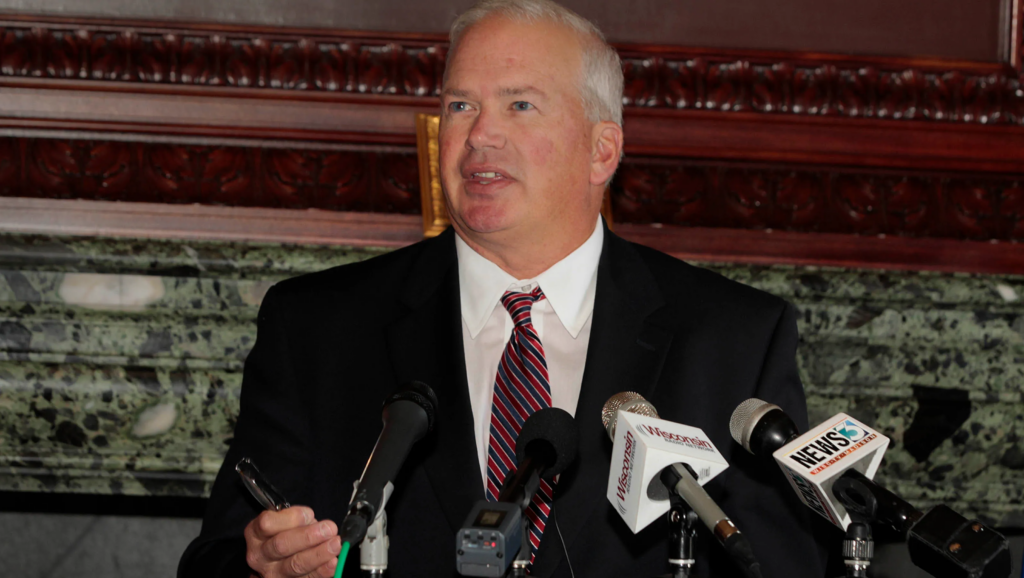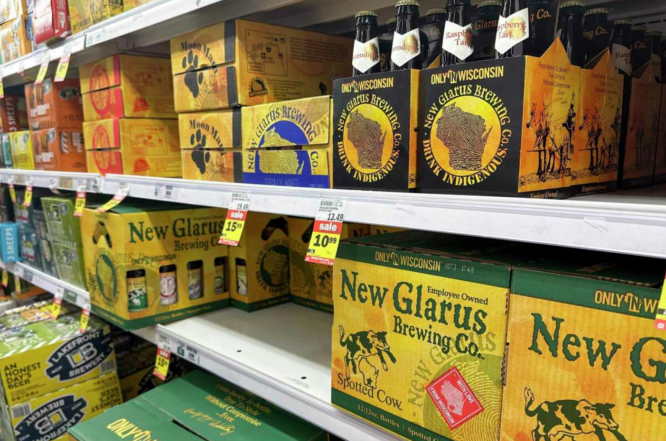Craft brewers, national brewers, bar owners, and alcohol distributors urge a substantial change of Wisconsin’s multibillion-dollar liquor sector rules.
The long-awaited alcohol law overhaul has bipartisan backing. Wednesday’s state Assembly vote will send it to the Senate for final approval. Democratic Gov. Tony Evers, who helped craft the proposal, is anticipated to sign it.
The measure would establish a state Department of Revenue branch to enforce alcohol restrictions. Supporters of the bill claimed the lack of such a unit has led to uneven law enforcement and worries about how they affect new firms that weren’t envisioned when the rules were created.
Those who worked on the measure with Republican legislative leaders say now is the time to update laws in a state that saw the birth of beer-giant Miller in Milwaukee and an explosion of craft brewers like New Glarus Brewing Co., which sells Spotted Cow and other beers only in Wisconsin.

Wisconsin legislators ready to change liquor law
The measure regulates beer, wine, and liquor licenses, production, sales, and distribution throughout the state. Policymakers and the alcohol business have struggled to reform the 1930s-era three-tier structure.
The three-tiered structure prevented monopolies by preventing the same corporation from producing and selling alcohol at wholesale and retail. However, the system has been criticized for failing to adapt to industry developments like the rise of wedding barns and tiny craft brewers.
The law would regulate wedding barns, which serve alcohol during special occasions. They might seek a liquor license to sell alcohol at any event or a licence to hold six events a year or once a month.
Wedding barn owners vehemently opposed the plan, arguing that it would bankrupt them. Many wedding barns lack liquor permits. They hire people to carry booze to barn activities.
Last week, Assembly state affairs committee legislators disregarded wedding barn owners’ worries that the restrictions were too cumbersome, saying they would simply have to alter their business methods. Wedding barns don’t need a liquor license, but banquet halls, pubs, and others must. Supporters argue the amendments level the playing field.
Wineries would be regulated like artisan brewers and distilleries and have longer hours. It would allow brew pubs to open retail outlets and craft breweries to sell out-of-state products. Contract brewing, winemaking, and distilling—a booming industry—would be regulated by the measure.
A statewide bartender license is also created. Proponents of the idea said bartender licensing by local municipalities is onerous. During the Republican National Convention in Milwaukee next summer, bars in 14 southeastern Wisconsin counties can stay up two to four hours past 2 a.m.
Support is widespread. The Wisconsin Craft Beverage Coalition, the Wisconsin Grocers Association, the Wisconsin Wine and Spirit Institute, and Anheuser-Busch Companies support it.




